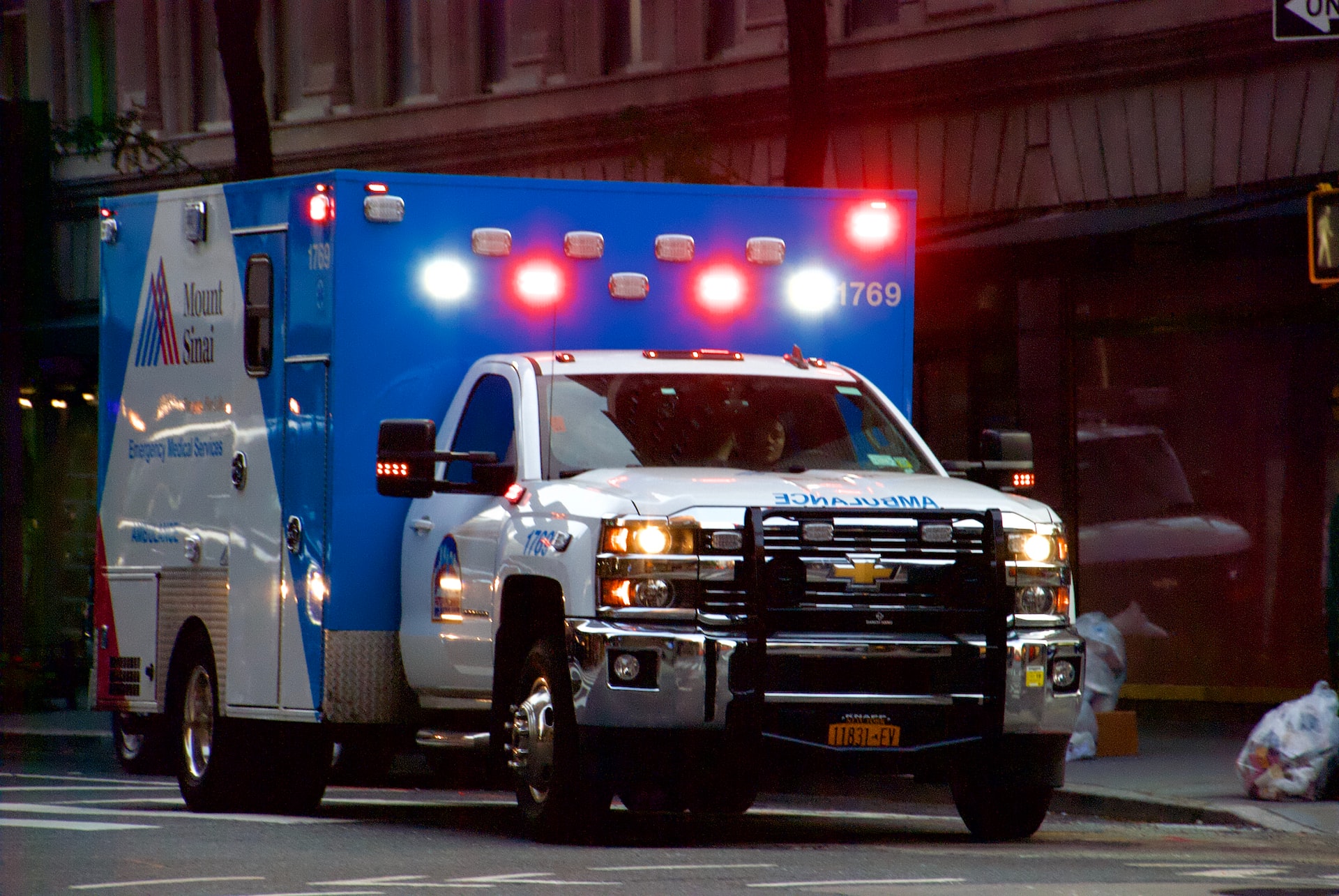We have all heard that tryptophan in turkey makes us sleepy, but can the Thanksgiving holiday cause a heart attack?
The simple answer is yes. A large meal loaded with rich foods (more common for Thanksgiving dinner than any other time of the year) can trigger a heart attack. Existing circumstances and prior health conditions will proceed a heart attack, but dinner can be the match that lights the flame!
Statistics speak for themselves. An increase in heart attacks occur nationwide during the month of December or in between the Thanksgiving holiday and New Year’s Day.
Here is what you should know!
What Causes Heart Attacks on Thanksgiving
Preexisting conditions are always the main culprit for a heart attack. In particular, high blood pressure and stress are the top reasons for a heart attack.
Simply put, if you are in optimal health and have no prior heart issues, you are going to be just fine when you sit down to enjoy your Thanksgiving dinner.
On the other hand, anyone with high blood pressure, significant emotional stress, existing heart disease issues, or other common risk factors should be aware. Rich meals, binge drinking, cold temperatures, and existing issues can increase the risk of a heart attack.
Below are some tips to help you remain safe this holiday season!
5 Tips to Preventing Serious Health Issues These Holidays:
1. Manage stress
Not managing your stress correctly can be the igniter for a heart attack. Extreme physical exertion, emotional stress, or even travel stress can be enough to take a weakened heart to an undesirable state.
Correcting heart disease isn’t always in the cards and when it is, the process is slow. Clogged arteries, high blood pressure, and smoking are risk factors for heart attacks but stress is one of the “Other Factors” that can have a large impact.
When it comes to managing your stress, you can be sure to exercise (150 minutes a week), eat heart-conscious foods like citrus, and take time for yourself. If you are traveling, give yourself plenty of time to prepare and travel.
“Stressing Out” during the holidays is something you want to avoid!
2. Be aware of the warning signs
The warning signs of a heart attack include:
- Chest discomfort (heaviness, pressure, aching, burning, fullness or squeezing pain)
- Pain or discomfort in one or both arms, left shoulder, neck, back, throat, jaw, or stomach
- Shortness of breath
- Sudden fatigue, weakness or lightheadedness
Knowing these can save lives if someone falls victim to a cardiac emergency.
3. Eat smaller portions more frequently
Instead of sitting down and consuming all your food at once, give your body time to digest and recuperate. For most people, they’re not going to have a heart attack on Thanksgiving. Eating smaller portions is always recommended.
By eating less food and spreading out your eating out, you can avoid overeating.
4. Avoid certain drinks
It is easier said than done, but when you sit down to enjoy thanksgiving dinner, you should consider refraining from guzzling sodas and limiting alcohol consumption. These things pose no risk when consumed in moderation.
However, for someone who is already on the borderline with a weakened heart, this could be an added culprit. If your health isn’t the best, enjoy dinner but don’t consume a ton of things that can potentially make matters worse.
5. Make sure family members are CPR certified
This isn’t to be morbid, but according to the CDC, about 9 in 10 people who have a cardiac arrest outside the hospital die.
However, CPR can help improve those odds when performed in the first few minutes of cardiac arrest. In fact, CPR can double or triple a person’s chance of survival.
The emergency response time of emergency vehicles can vary depending on location and call volume. In something as vital as minutes, the difference can be someone performing CPR and someone, not before emergency personnel arrival.
Be sure several family members are always CPR certified, it can save lives!
Lastly, while we are all practicing gratitude, we can be thankful for companies and teams like LYT AI! We specialize in emergency vehicle preemption for first responders.
The goal is never to have any emergency room visits this holiday season, but in the event you do. Hopefully, your city has a preemption for the first responders to cut down on their response time!



